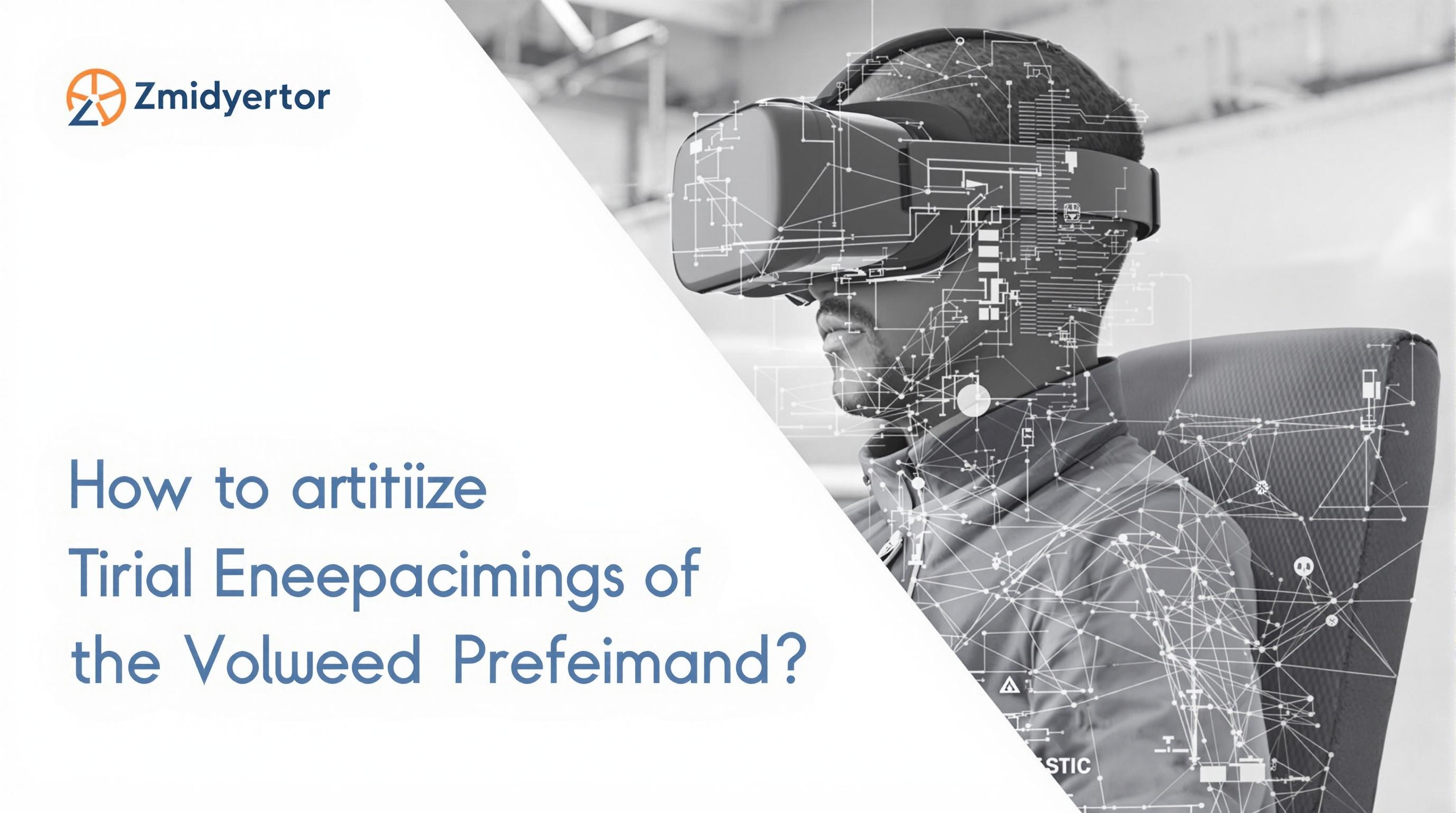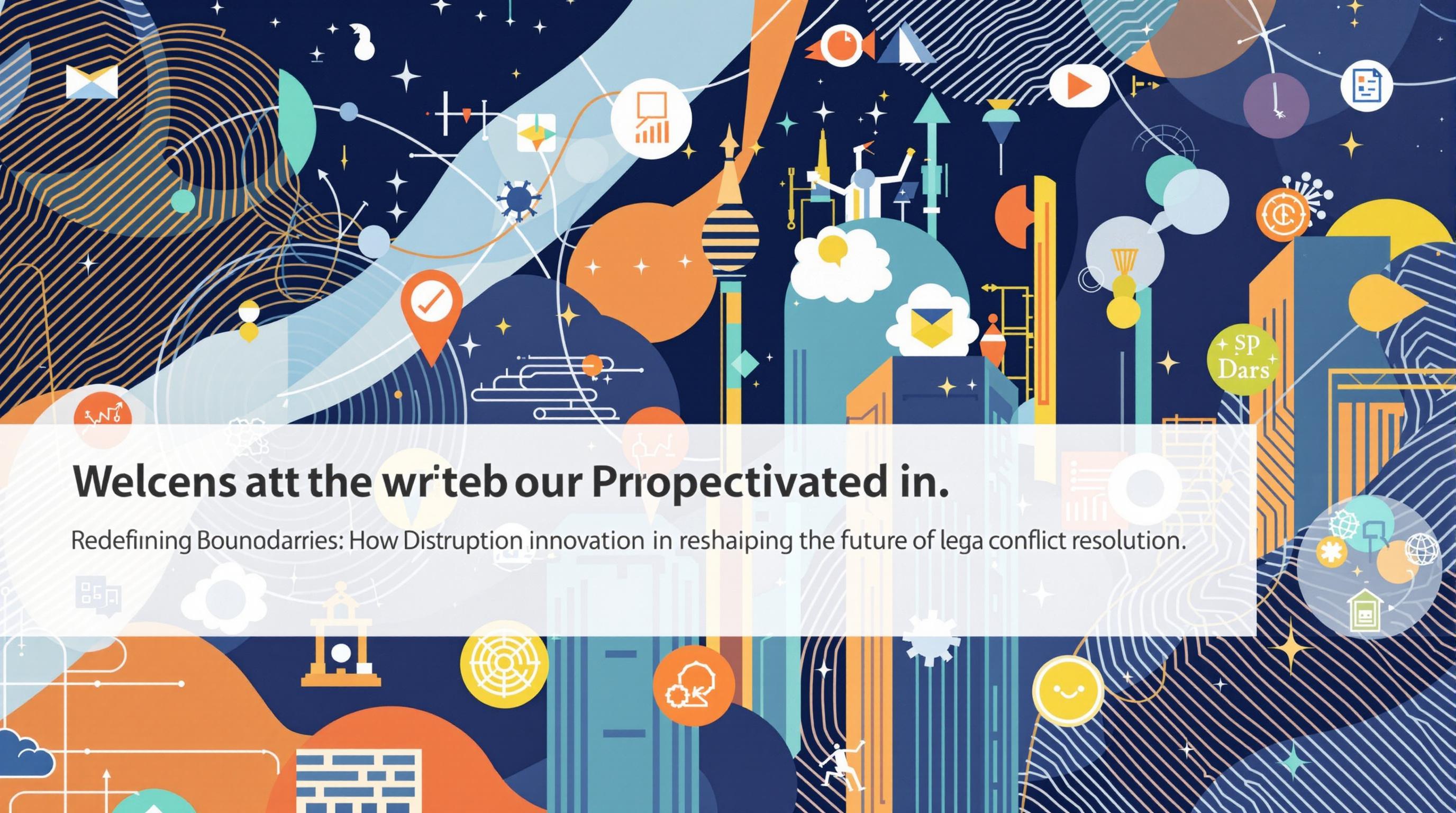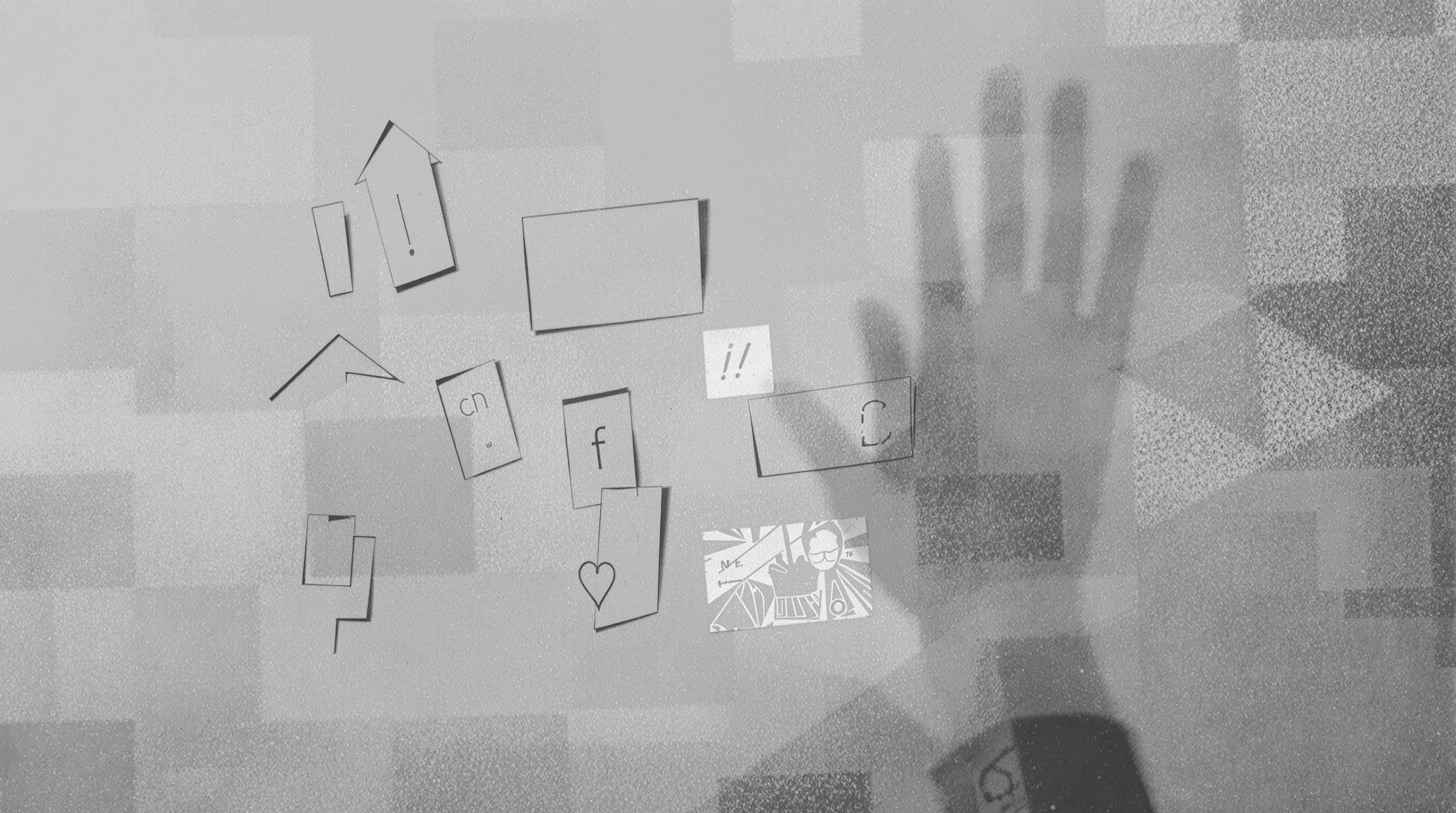Related Articles
- Redefining Boundaries: How Disruptive Innovation is Reshaping the Future of Legal Conflict Resolution
- The Future of Litigation: How Virtual Reality is Transforming Trial Preparation and Witness Testimony
- The Hidden Power of Narrative: Crafting Compelling Legal Stories Amidst Procedural Complexity
- Evolving Benchmarks: The Unexpected Impact of Pop Culture on Legal Precedents and Jury Perception
- Jurisdictional Jigsaw: How Globalization is Redefining Legal Practice and Client Representation in Uncharted Territories
- Legal Futures: The Overlooked Impact of Augmented Reality on Contract Negotiation and Dispute Resolution
The Future of Litigation: How Virtual Reality is Transforming Trial Preparation and Witness Testimony
The Future of Litigation: How Virtual Reality is Transforming Trial Preparation and Witness Testimony
The landscape of litigation is undergoing a metamorphosis, fueled by innovations in technology like virtual reality (VR). This article explores how VR is transforming trial preparation and witness testimony, providing unprecedented tools and methods for lawyers and courts engaged in the pursuit of justice.
The Technological Revolution in Courtrooms
It was once said that the courtroom remains a bastion of tradition, but recent technological advancements have started chipping away at this perception. Enter virtual reality, a tool that allows us to transcend the limitations of physical courtrooms and engage with cases in an entirely new manner. According to a report by the American Bar Association, a staggering 77% of lawyers believe that emerging technologies like VR will become increasingly vital in the legal profession over the next decade. So how exactly is VR shaking up this age-old institution?
Going Beyond the Legal Brief: A New Dimension of Trial Preparation
Imagine a room bustling with legal professionals trying to strategize for an impending trial. Traditionally, this involves reviewing documents, witness statements, and crafting arguments based on flat images and text. Now, with VR, lawyers can enter a three-dimensional reconstruction of the crime scene, allowing them to gain new insights that were previously difficult to visualize. Picture the scene of a car accident: with VR, attorneys can walk through the accident’s dynamics, observe the vehicles' positions, and even replay the event from varied perspectives. This heightened engagement is not just a theoretical advantage; case studies have demonstrated improved outcomes for trials where VR was employed in preparation.
A Case Study That Speaks Volumes
In 2020, a landmark case in Los Angeles utilized VR technology during trial preparation. The attorney used a VR simulation to recreate a traffic accident involving multiple vehicles. Instead of relying solely on witness recollections and diagrams, the jurors were placed into a virtual representation of the accident as it unfolded. The immersive experience not only contextualized the testimonies but enhanced jurors' understanding of the complexities involved. The result? A verdict favorable to the client, said to be partly influenced by the innovative trial prep methods employed.
Witness Testimony: A Virtual Revival
Witness reliability is crucial in any trial, yet human memory can be fallible. With virtual reality tools, witnesses can experience the events they’re testifying about firsthand, creating a more authentic and detailed account. In the context of high-stakes trials, this technology can help capture and convey the emotions and environments associated with events.
The Science Behind VR’s Efficacy
Research has shown that immersive environments can improve recall. A neuroscientific study published in the journal *Frontiers in Psychology* found that participants in VR settings were able to remember more details of an event than those who simply read about it. This is due to a phenomenon called "embodied cognition," which posits that our understanding is shaped by our sensory experience. Simply put, when objects, events, or scenes are not just described but experienced, we can relate better and remember more.
The Emotional Dimension
Consider a witness who suffered trauma during a specific event. Traditional courtroom settings can often create a sterile and intimidating atmosphere, but a VR environment can be tailored to evoke familiarity and comfort. For instance, a witness might be transported back to their neighborhood where an incident occurred, surrounded by the sights and sounds that evoke their memories. This emotionally engaging method not only aids in accuracy but can also elicit empathy from jurors, painting a vivid picture that a mere transcript could never achieve.
Overcoming Skepticism: The Road Ahead
Despite the persuasive advantages of VR, hurdles remain on the road to widespread adoption in the legal field. Critics argue that the technology can lead to bias in witness testimony. If a juror is swayed by a VR experience, does it undermine the integrity of their verdict? To mitigate these risks, legal professionals will need to establish protocols for how VR tools are deployed and interpreted within the courtroom.
Learning from Other Professions
Interestingly, the legal profession is not the first to embrace virtual reality. In medical training, VR has created environments where students can practice surgeries, preparing them for real-life scenarios without jeopardizing patient safety. The legal field can draw invaluable lessons on how to harness VR technology ethically and effectively. As attorney Alex Swansea noted in a recent webinar, “We must approach VR as a tool, not as a replacement for critical thinking and reasoned judgment.”
Preparing Future Lawyers
As a soon-to-be graduate of law school, I find the intersection of law and technology exhilarating. Whenever I think about my future practice, I imagine legal scenarios unfolding in 3D—not merely reenacted, but interacted with! Schools nationwide are beginning to implement VR training programs, offering students a glimpse into future courtrooms. Reflecting on how we learned trial procedures years ago—with textbooks and screen-shared powerpoints—it's wonderful to think about students using VR to build their advocacy skills in real-time.
Immersive Learning Experiences
Consider this: in a mock trial scenario facilitated through a VR platform, students can act out various roles—lawyer, judge, witness—immersively experiencing the insecurities and pressures of the courtroom. This multiperspective approach can breed more empathetic and well-rounded future attorneys. According to a recent survey, 82% of students who utilized VR in their learning reported feeling more prepared for actual trial scenarios. That’s a statistic that gives us hope for a better future!
The Humor of Virtual Reality in Court
Let’s not overlook the lighter side of virtual reality in courtroom settings. Picture this: an attorney is using a VR headset to recreate a scene, only to end up in a virtual world filled with rubber chickens and dancing judges. “Your Honor, I swear the chicken was there when it happened!” might become a legitimate defense one day! Humor aside, the possibility of courtroom VR’s lighthearted exploits could make the legal process less intimidating for some. Why not share a laugh while pursuing justice?
The Bigger Picture: Justice for All
Ultimately, the integration of virtual reality into litigation creates avenues for justice that can dramatically benefit diverse communities. Historically, marginalized demographics often face barriers when engaging with the legal system. VR has the potential to bridge those gaps, offering more interactive and accessible methods of trial preparation and witness account. For example, jurors can virtually experience events pertaining to cultural contexts that they may not fully understand, promoting greater empathy and comprehension.
The Final Verdict: Is VR Here to Stay?
As we stand at the precipice of a new era in litigation, the evidence suggests that virtual reality will play a transformative role in the legal realm. The future will not only redefine how trials unfold but will also enhance the accessibility of the law for various communities. While there are challenges ahead—including ethical considerations, lessons from past uses of technology in the legal field, and our collective moral compass—it is safe to say that VR is here to stay. On the cusp of this paradigm shift, one has to ask: are we ready for the virtual courtrooms of tomorrow?
All in all, whether you're a budding lawyer or just curious about the intricacies of legal proceedings, the advent of technology like virtual reality presents both astonishing opportunities and invigorating challenges. Just like a well-crafted argument, it’s essential to weigh the pros and cons, and it looks like the verdict on VR is still out. Here’s to hoping it brings justice that’s not only swift but vividly memorable!




